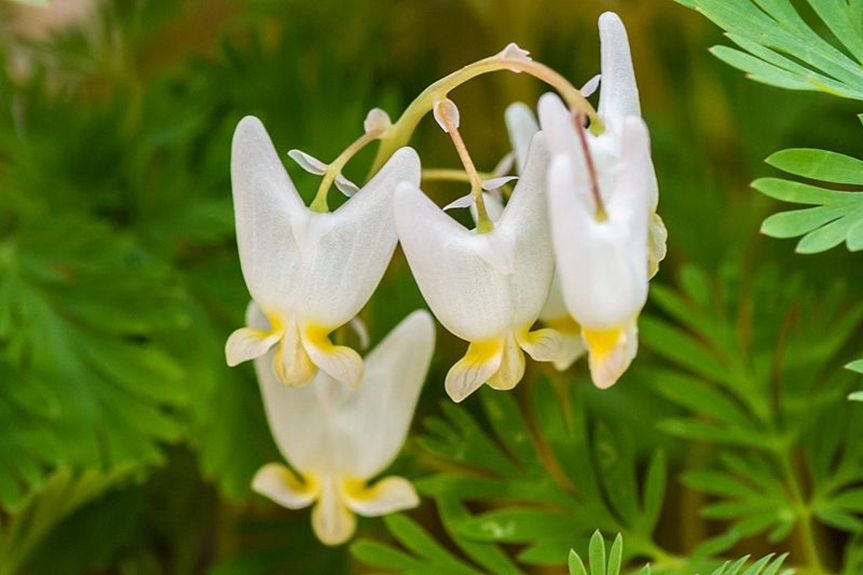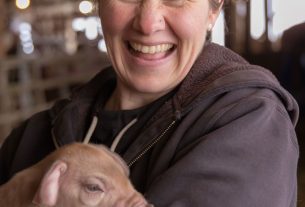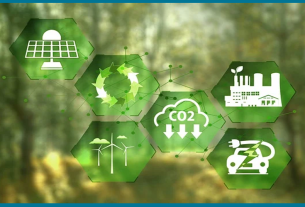2023 HARPER PRIZE SHORTLIST: Throughout March, we are featuring the articles shortlisted for the 2023 Harper Prize. The Harper Prize is an annual award for the best early career research paper published in Journal of Ecology. Tara Miller’s article ‘Warmer temperatures are linked to widespread phenological mismatch among native and non-native forest plants‘ is one of those shortlisted for the award:

👋 About me
My work history has woven back and forth through science and policy. I am drawn to the intersection of the two – the nerdy, intellectual itch to dive deep into data and analyze problems, and the passionate, action-driven urge to find solutions and make the environment and society better for people.
Through the past decade, I kept a foot in community organizing and policy, sometimes as a job, but more often as volunteer work. This work has kept me grounded in the challenges facing many communities and fueled my motivation to improve people’s lives and the environment.
Because of the interconnectedness of many problems we face, I pursued opportunities across different scientific fields – evolutionary genetics, archeology, geoscience, wildlife management, forest ecology, botany, wildlife health, and public health. The research I worked on for the shortlisted study dove into forest ecology and botany, and we also highlighted implications for forest and plant species management as climate change progresses.
🔎 The shortlisted research
Many plants are responding to a warming climate by leafing out and flowering earlier in the spring. However, mismatches may occur when species respond at different rates, leading to disruptions in ecological relationships. Our study found that deciduous trees and shrubs are advancing their leaf out timing with warming temperatures faster than native wildflowers are across eastern North America. This mismatch may lead to declines in native wildflowers as they receive less sunlight for photosynthesis in the spring.
Many spring-blooming native wildflowers conduct most of their photosynthesis before the canopy trees above them leaf out and shade them over. As temperatures warm, trees and shrubs may block sunlight from reaching the forest floor earlier in the year, leading to a shrinking time period for native wildflowers to photosynthesize with full sunlight.
Our study assessed when 21 plant species leafed out and flowered using over 3,000 herbarium specimens (pressed plant specimens) from across eastern North America. The timing of leaf out or flowering was then compared to historical temperature data to determine the plants’ responsiveness to warming temperatures.
During cooler springs (average March/April temperature of 32°F), native trees leafed out 15 days after native wildflowers. However, during warmer springs (average 68°F), native trees leafed out only 8 days after native wildflowers, leaving the wildflowers about half as much time to photosynthesize with full sunlight. Just a few days loss of sunlight access can mean a sizeable decrease in a wildflower’s carbon energy supply.
Further, native trees and wildflowers in the warmer, southern part of their ranges advanced their leaf-out and flowering timing faster than those in colder, northern locations. The mismatch was greater in the southeast U.S., where native wildflowers are more likely to be shaded over earlier by trees.
Native and non-native shrubs also advanced their leaf out and flowering timing faster than native wildflowers, potentially posing a shading threat to native wildflowers.

Our research shows the value of newly-available digitized herbarium specimens in studying the impacts of climate change across wider spatial areas and a greater diversity of species than otherwise possible.
Our study highlights the impact that climate change may have by leading to mismatches between different groups of plants. We provided suggestions for land managers and wildflower enthusiasts, who may consider steps such as thinning overhead tree and shrub canopy, removing non-native species, and planting rare wildflowers further north to conserve native wildflower populations.
🏭 What’s next
I pursued a PhD to develop the expertise needed to create science-informed solutions and policies. Now, I want to bring that understanding of science to develop and implement equitable policies.
I am currently working as a policy researcher with the University of Virginia’s Repair Lab. I am supporting community partners in developing policy solutions to coal dust pollution in environmental justice communities. The breadth of my scientific background helps me understand complex scientific and industry documents across fields like air quality science, mitigation infrastructure, and public health, and my community organizing background helps me communicate this information to community members and integrate it into the policy process.
I aim to do work that directs resources and support towards the work that communities, particularly marginalized communities, are already doing.
Find out more about Tara’s work online.
Read the full list of articles shortlisted for the 2023 Harper Prize here.

